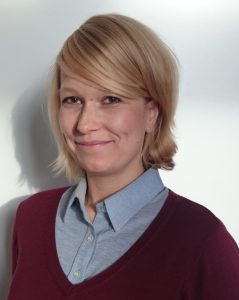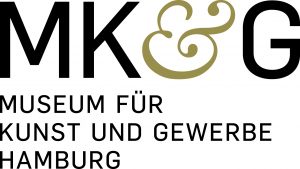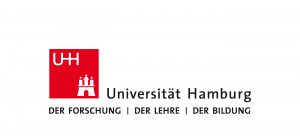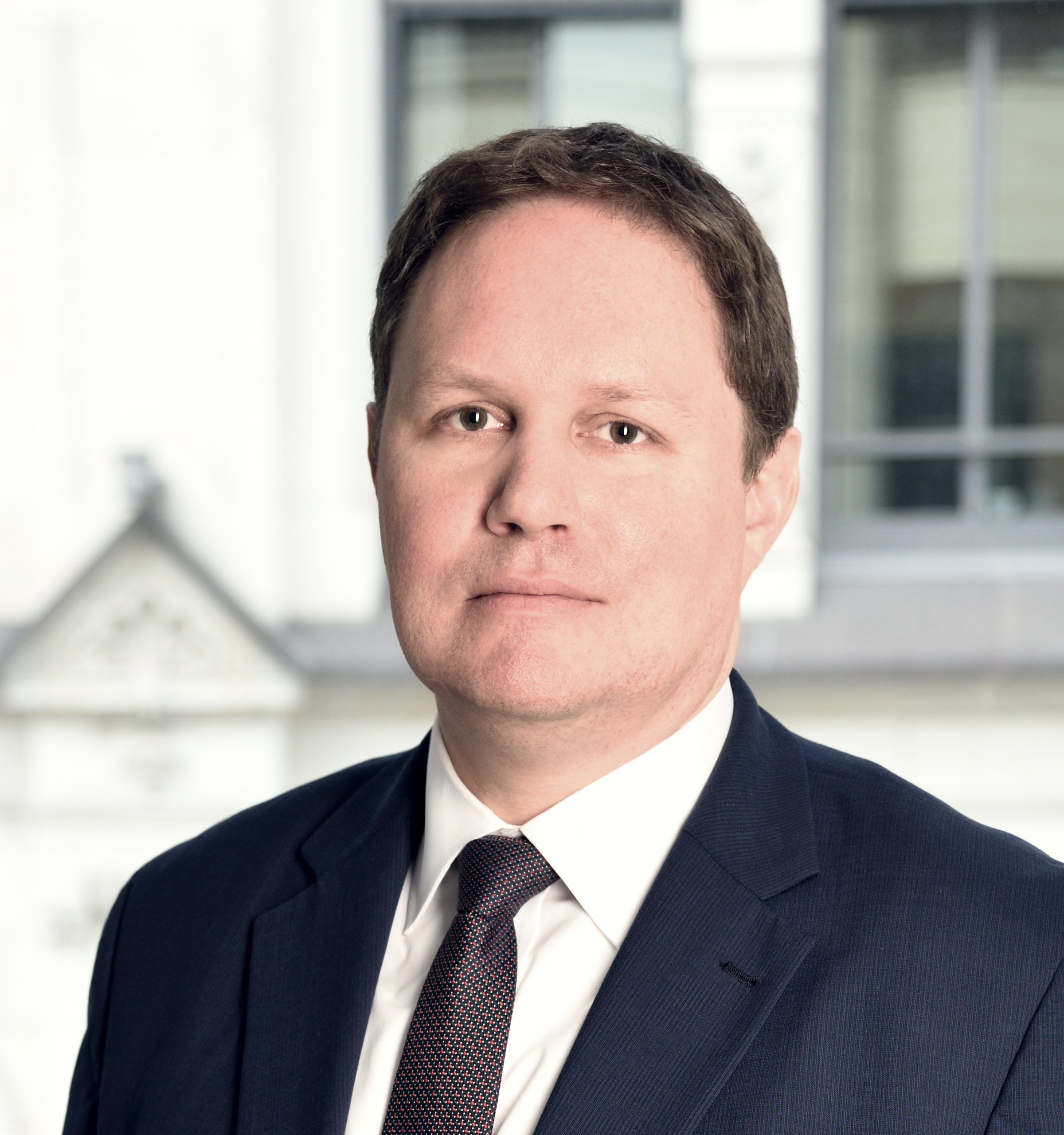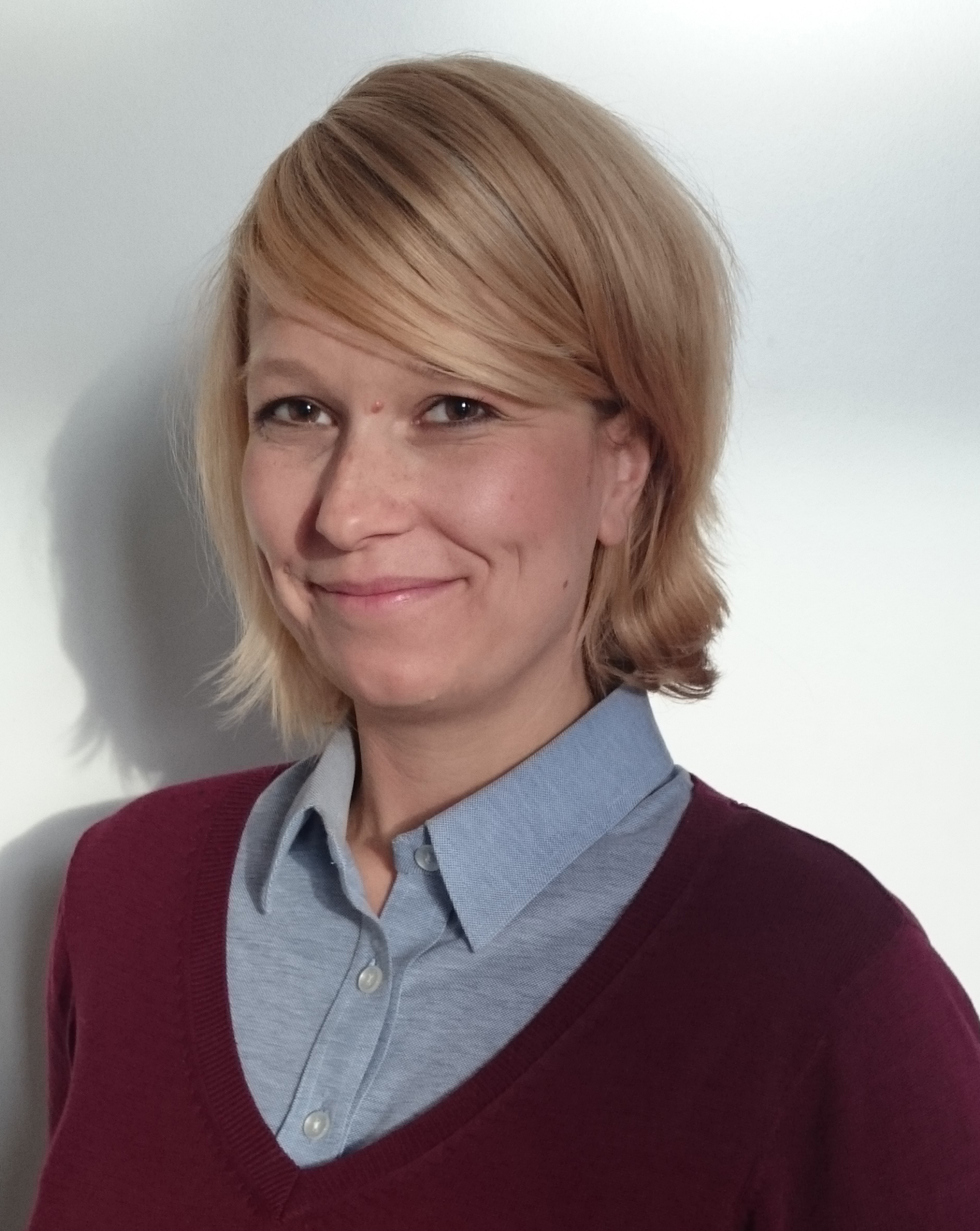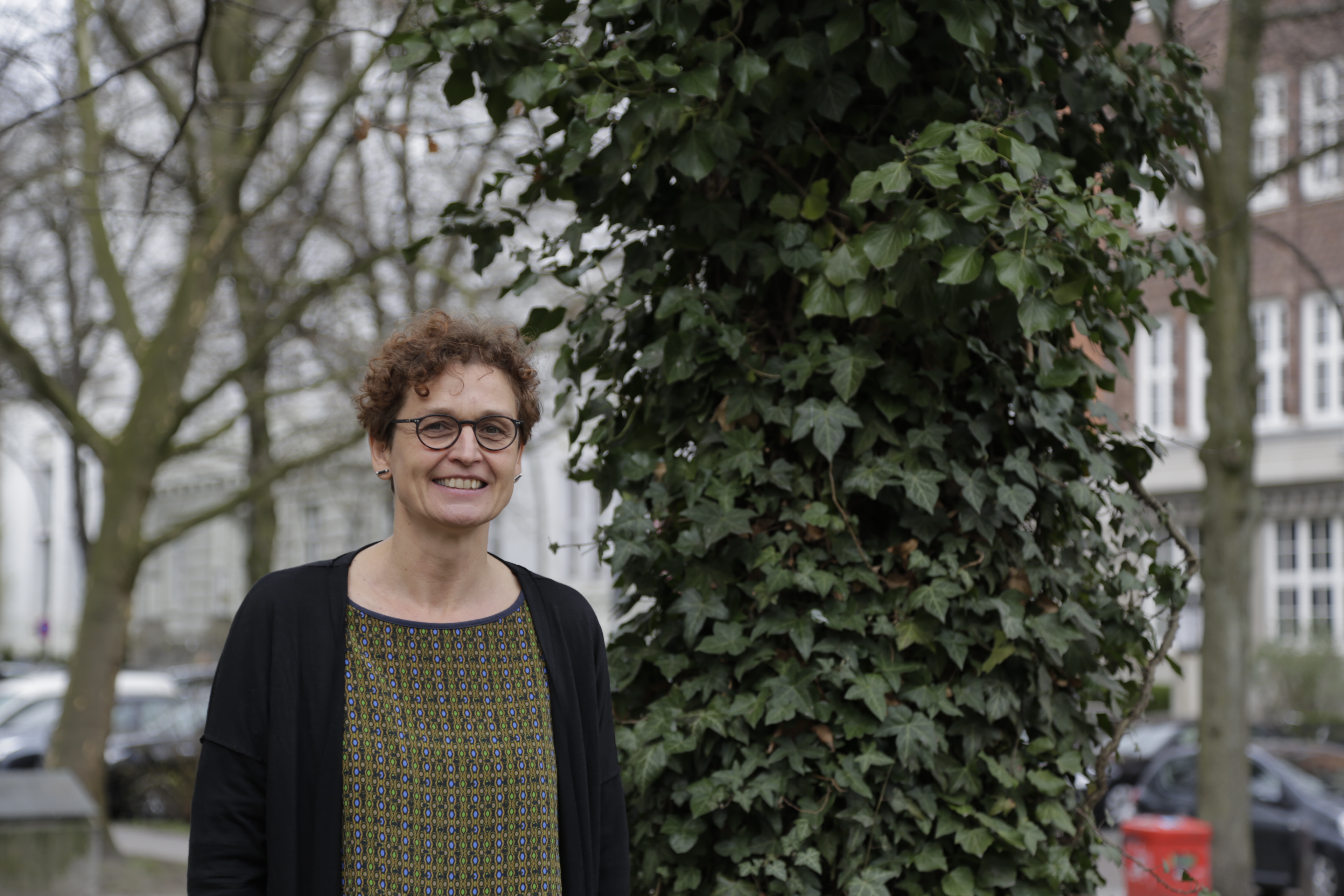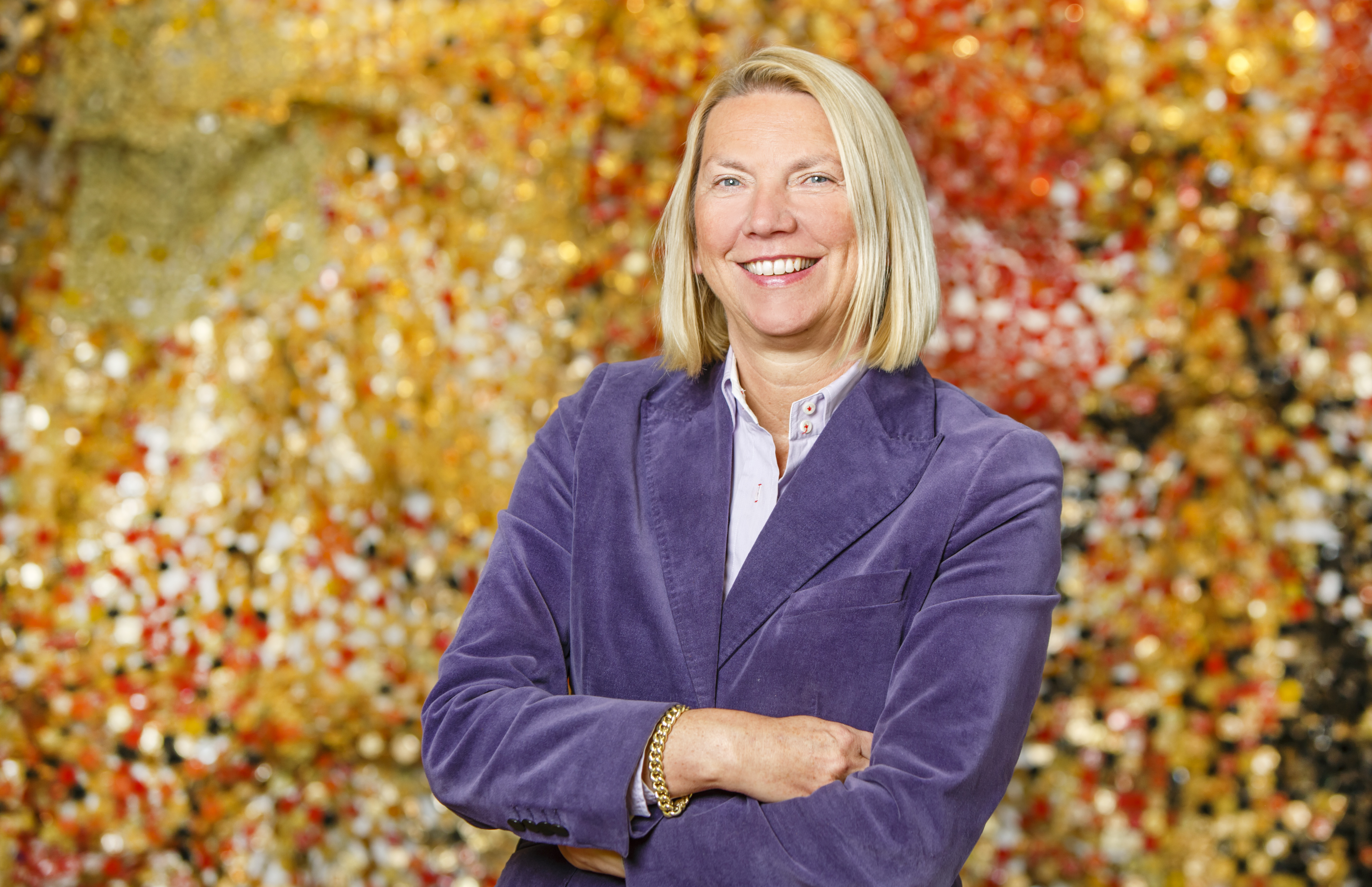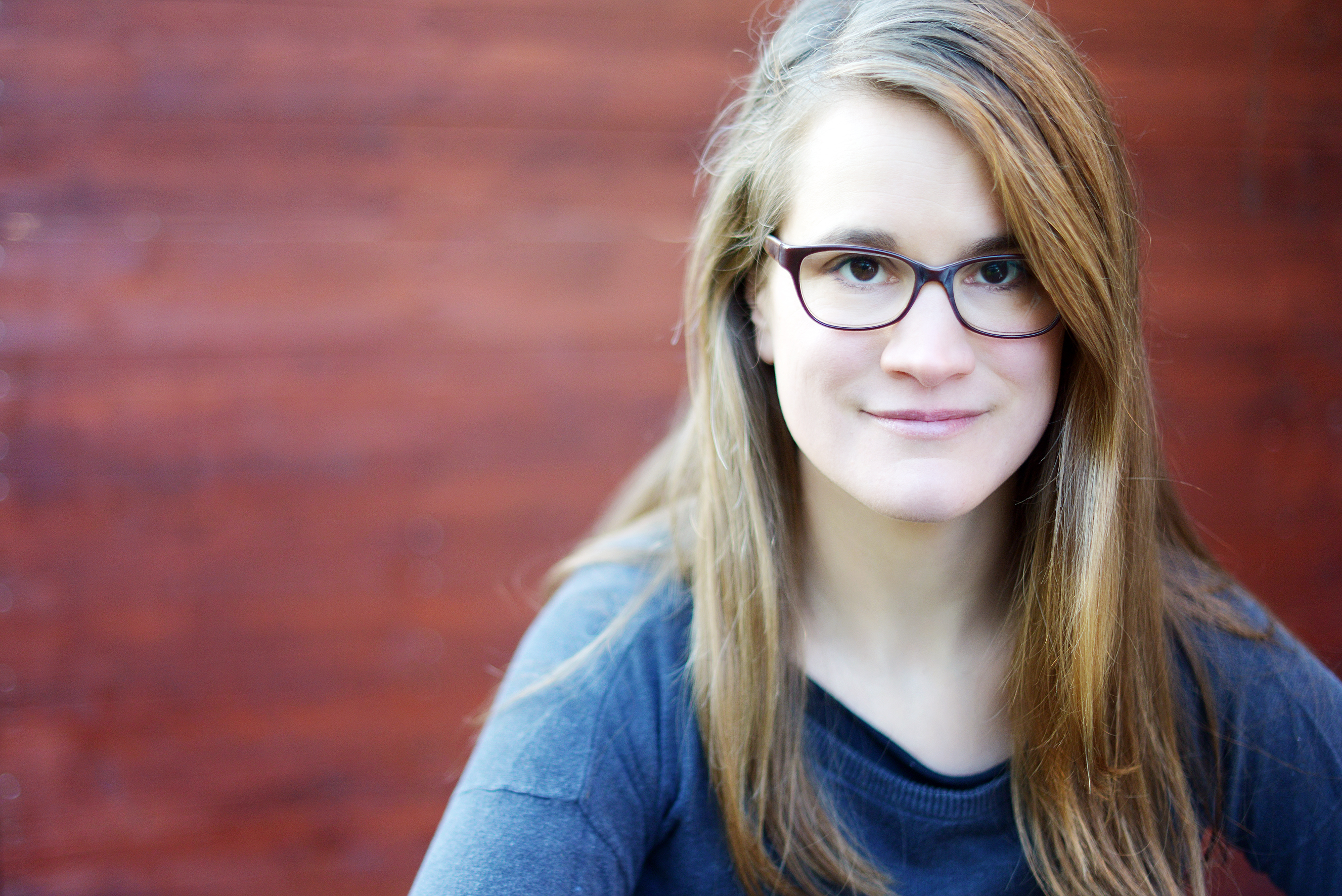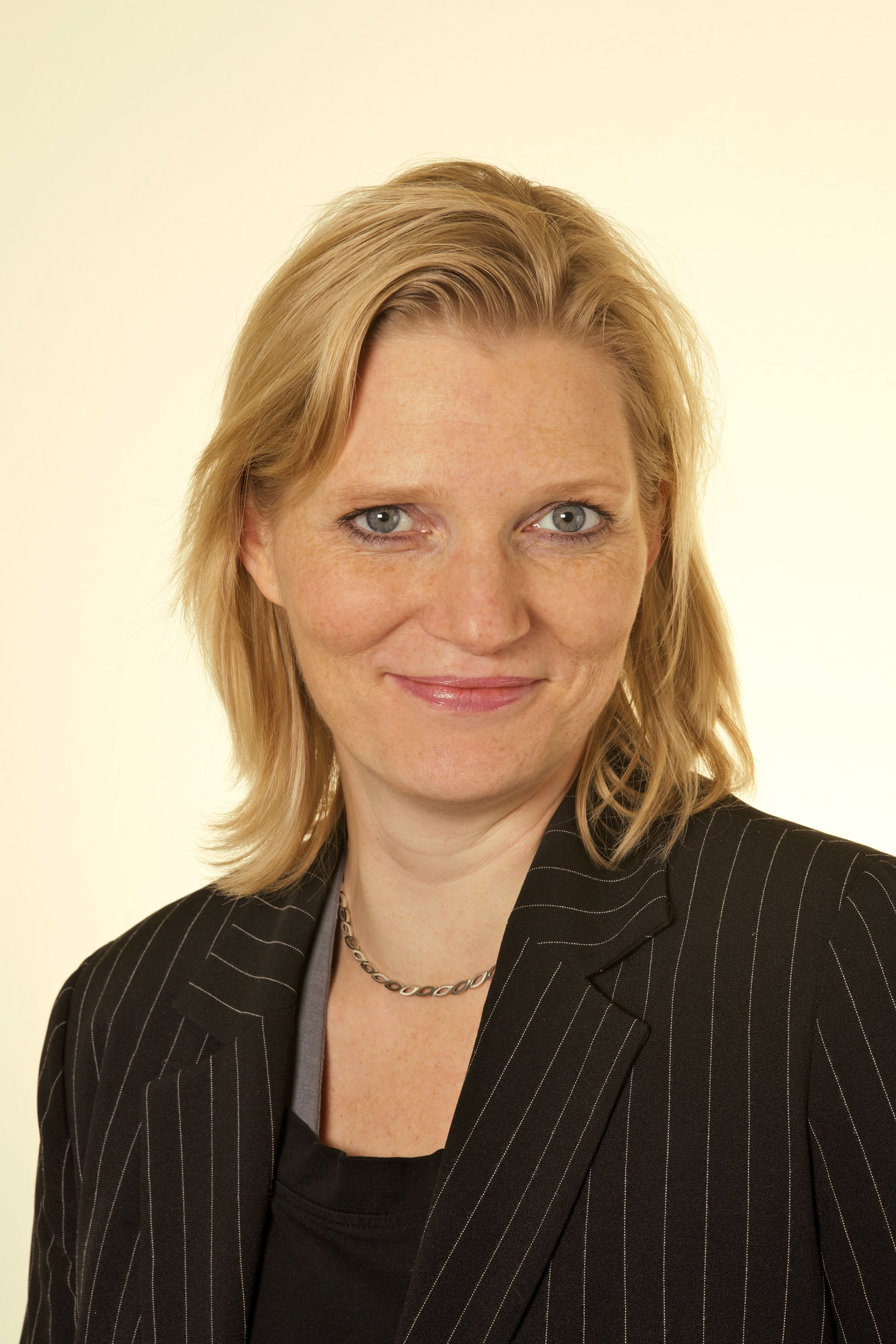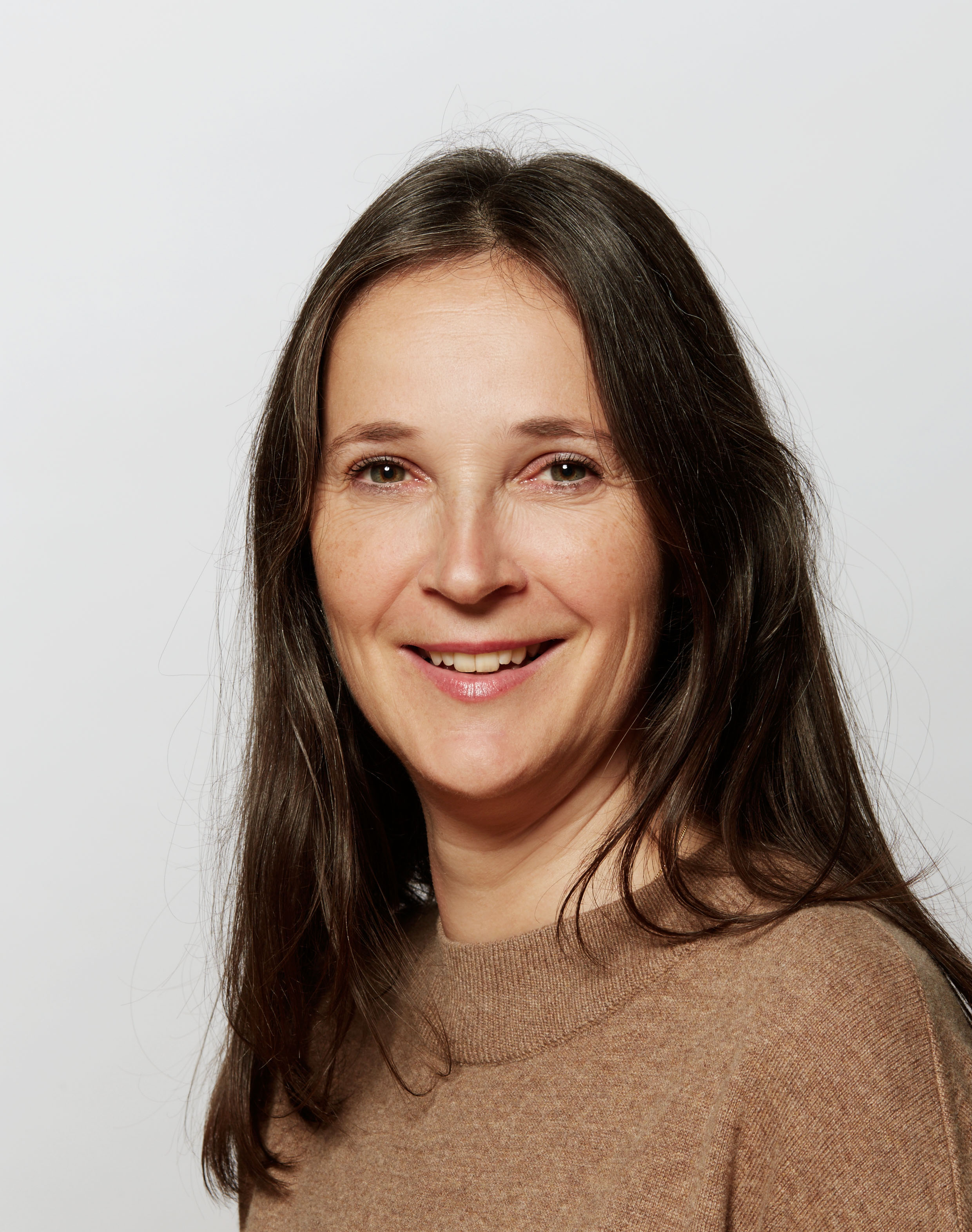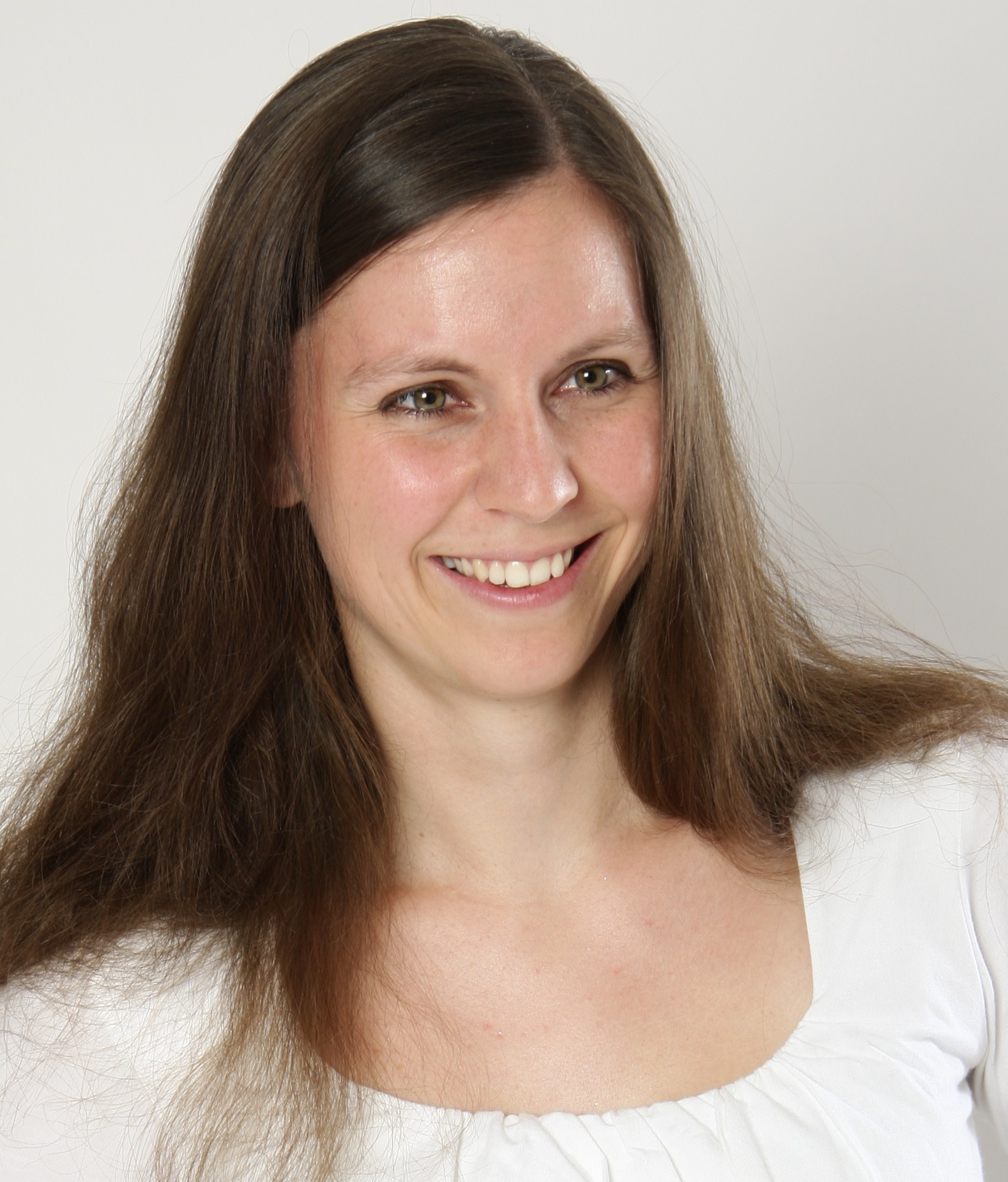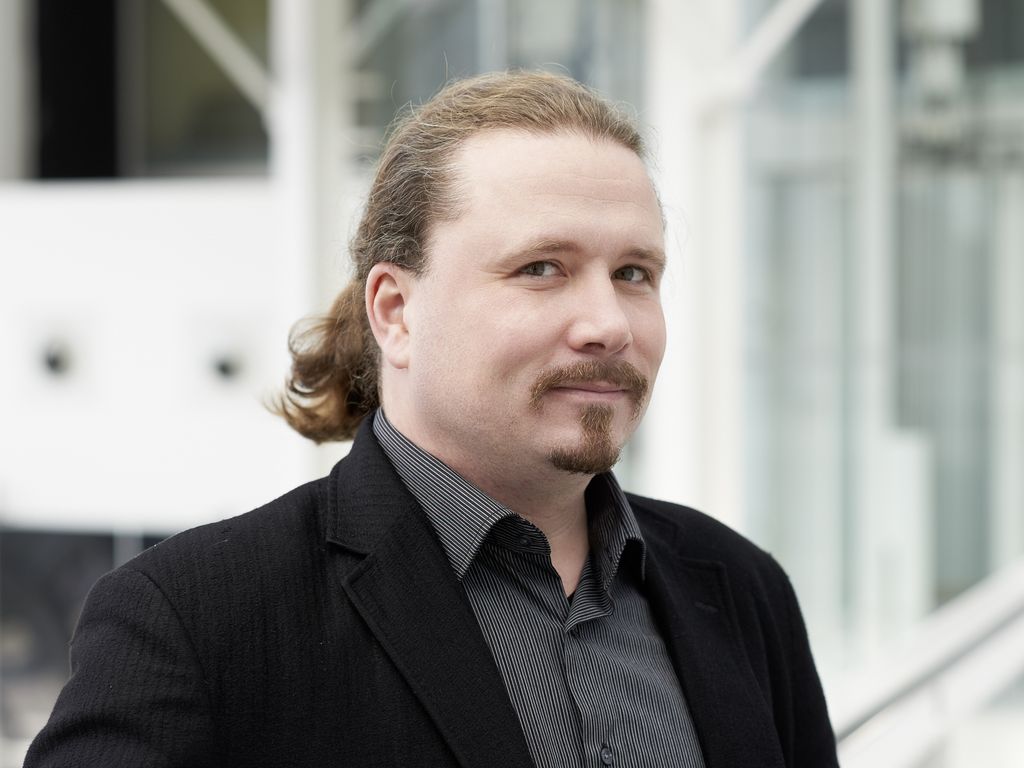Sharing is Caring – Hamburg Extension
Opening up! Building Connectivity through Cultural Heritage
Read the Closing Statement from Sharing is Caring – Hamburg Extension
Watch videos from Sharing is Caring – Hamburg Extension and the Nefertiti Project
See photos from Sharing is Caring – Hamburg Extension
Find presentations and workshop summaries from Sharing is Caring – Hamburg Extension
Sharing is Caring is spreading to other countries and the first edition outside Denmark was held in Hamburg, Germany on 20/21 April 2017 at the Museum für Kunst und Gewerbe Hamburg and at the University of Hamburg, Institute for Cultural Anthropology.
As digitization has become a major task for the cultural heritage sector, more and more cultural institutions are providing access to their digitized collections. But sharing is not only about creating online access, it is about sharing the authority to interpret the digitized assets and to create value by opening them up for reuse. How can opening up result in a mutual benefit for institutions as well as for their audiences and society? And what are the challenges on the way like copyright, institutional policies and not to forget the expectation of the users? The first edition of the Sharing is Caring conference outside Denmark, the Hamburg extension, will aim to answer these questions. We will hear from international experts, practitioners and artists about their research and experiences taking open access to a new level of participatory engagement.
Speakers
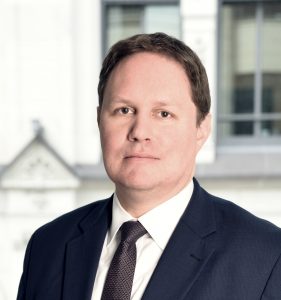
CARSTEN BROSDA
Journalism and political science studies at the University of Dortmund; PhD on “discursive journalism” in Dortmund University’s faculty of cultural studies
2000 – 2005: press officer and editor, later speechwriter and policy officer for the SPD party executive
2005 – 2009: head of the speeches, text and analysis unit at the Federal Ministry of Labour and Social Affairs
2008 – 2009: deputy head of the management and planning staff at the Federal Ministry of Labour and Social Affairs
2010 – 2011: head of the SPD party executive’s communication department
June 2011 – February 2016: head of the media office in Hamburg’s Senate Chancellery, from 2013 additionally the Senate’s authorised media representative
March 2016 – January 2017: State Secretary in the Ministry of Culture; State Secretary in the Senate Chancellery for the media and digitisation sectors
Minister of Culture and Head of the Ministry since February 2017
ANTJE SCHMIDT
Antje Schmidt is Head of Digital Cataloguing at the Museum für Kunst und Gewerbe Hamburg. Trained as an art historian and with a research background in museum history she is involved in digital cultural heritage projects for 10 years. With the launch of MKG Collection Online she has established a Public Domain Policy as part of the museums evolving digital strategy. She is elected Councillor of the Europeana Network Association, part of the workings group “Museum” in the Association for Digital Humanities in the German speaking Countries and serves on the Advisory Board for the Europeana Art Collections.
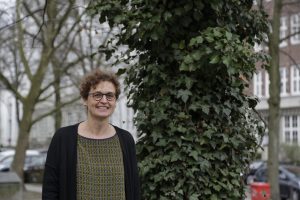
GERTRAUD KOCH
Gertraud Koch is Professor of European Ethnology/Cultural Anthropology at Universität Hamburg. She is Vice Chair of the Expert Committee of Immaterial Cultural Heritage of the German Commission for UNESCO. Her publications address questions of cultural production in digital times and currently together with Samantha Lutz conceptual reflections on sustainability in culture.
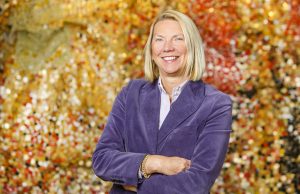
SABINE SCHULZE
Prof. Dr. Sabine Schulze is the director of the Museum für Kunst und Gewerbe Hamburg since 2008. Under her management the museum started a large-scale transformation process. It resulted not only in the modernization and remodelling of the permanent collections or the realization of a very diversified exhibition programme, but also in innovative digital projects like an iBeaon Tour or the MKG Collection Online. Realizing – as the first art museum in Germany – an open licensing policy had a great impact on the internal development of the institution and helps to perceive the museums’ audiences as collaborators instead of visitors.
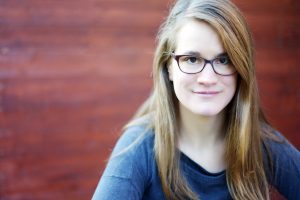
KARIN GLASEMANN
Karin originally joined Nationalmuseum to ameliorate digital documentation and to streamline digitization routines. A major goal of documentation and digitization was soon to make the astonishing collection more accessible to the public. Karin is responsible for Nationalmuseum’s cooperation with Europeana and initiated several collaborations with Open Data initiatives such as Wikidata. Through pilot projects and collaborative initiatives, she minimized internal doubts and moved the institution towards a more open understanding of digital access to cultural heritage. Nationalmuseum effectuated an OpenGlam policy in October 2016 and provides large parts of the digitized collections through collaboration with Wikimedia Sweden.
Karin has a background as historian and is an elected member of the Europeana Members Council.
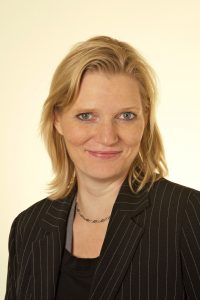
ANTJE THEISE
Antje holds a M.A. of Latin Philology and Classical Archeology (1999) and a M.A. of Library and Informations Science (2004). Before joining the the Hamburg State and University Library in 2005 as a Rare Book Librarian Antje has worked at the University of Greifswald, the Regional Library of Mecklenburg-Vorpommern Schwerin, the Research Library of Gotha and at the Herzog August Bibliothek Wolfenbüttel. She is interested in all about special collections and Open Access to these, in addition she works about Latin poetry of the 16th/17th century, emblems, book history and possibilities to cataloging graphic prints, pictures, and art books.
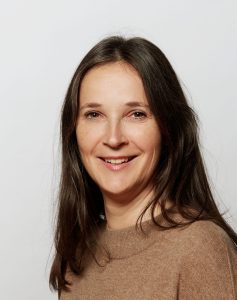
NICOLE GRAF
Born 1970 raised in the Eastern part of Switzerland. Training as a librarian at the Swiss National Library, Studies in sociology, constitutional law and Swiss history at the University of Berne. Scientific assistant, scientific editorial assistant at the University of Berne und freelance film journalist for the “Berner Zeitung”. Since 2008 Head of the Image Archive of the ETH Library in Zürich. Co-editor of the Series “Pictorial Worlds. Images from the Image Archive of the ETH-Library” (Scheidegger & Spuess, Zürich, since 2011). Post graduate master studies in Image Science at the University of Krems (A).
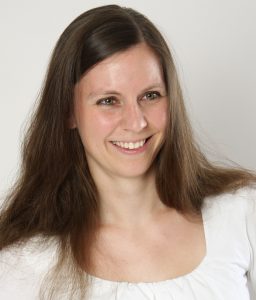
MAREIKE SCHUMACHER
Mareike Schumacher is a research assistant and PhD candidate at the Humanities Department of the University of Hamburg. She works for the efoto-Hamburg project, where she is involved in the development of a mobile application which provides access to historical images of the city of Hamburg. During her Master Studies she assisted the foundation of the Association for Digital Humanities in the German speaking Countries in 2012. She is an active member of the Interdisciplinary Centre for Narratology (ICN) and the Northern Narratology Network (triple*N). She studied Cultural Theory at the University of Lüneburg and Literature at the University of Hamburg and graduates in the fields of Digital Humanities and Narratology. Her PhD project focusses on the specification of the narratological categories of space and place in novels.
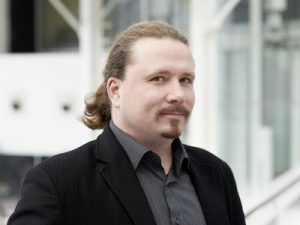
GEORG HOHMANN
Georg Hohmann is an information scientists, art historian, digital humanist and cultural computer scientists. He is the head of digitization at the Deutsches Museum in Munich and responsible for the digital transformation of the museum, its library and archive. As part of a comprehensive future initiative he leads a long-term project to document and digitize the collections of the Deutsches Museum.
After his master’s degree he was involved in various projects in the field of digital cultural heritage and was one of the founders of prometheus – the digital image archive for research and teaching. At the Germanisches Nationalmuseum in Nuremberg he worked at the department for museum informatics and was responsible for metadata, media management and web services. Georg is involved in several working groups and organisations like the german chapter of the European Association for Digital Humanities or the CIDOC Conceptual Reference Model Special Interest Group.
The focus of his research is on the methods of knowledge representation and reasoning in the humanities. The application of Semantic Web technologies and ontologies play an important role. Furthermore he is interested in the digital transformation of memory institutions and its operational, social and methodological impact. And he loves well-structured metadata.
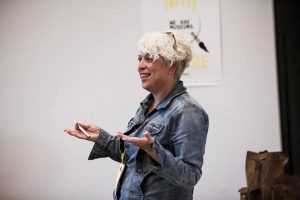
MAR DIXON
Mar is an international project manager, digital and social media specialist and is responsible for world trending social media campaigns like #AskACurator or #MuseumWeek on Twitter and #52Museums on Instagram. She describes herself as an advocate or troublemaker “depending on what you need”.
Workshops
Session 1
CC Change Your Mind
Ellen Euler, Deputy Manager of Finances, Law, and Communication, German Digital Library/Barbara Fischer, Curator for Cultural Partnerships, Wikimedia Germany
Reuse of Cultural Heritage: A Challenging Topic
Nora Al-Badri, Jan Nikolai Nelles, Artists, Berlin/Sarah Powell, Rights specialist at Auckland War Memorial Museum
Building Bridges between Cultural Institutions and Tech Communities: A Collaborative Handbook
Helene Hahn, Open Knowledge Foundation Deutschland e.V. /Philipp Geisler, Project Manager Coding da Vinci Nord 2016
How to Make the Most Out of It: Reuse and Content Production for Learning
Douglas McCarthy, Art & Photography Collections Manager, Europeana/Friederike Fankhänel, Education of Art and Design, Museum für Kunst und Gewerbe Hamburg
Session 2
Step by Step: Ways Towards Open Access
Karin Glasemann, Digital Coordinator, Nationalmuseum Sweden/Antje Theise, Rare Book Librarian, Staats- und Universitätsbibliothek Hamburg
Economies of Sharing Digitized Cultural Heritage
Georg Hohmann, Head of Digitization, Deutsches Museum, Munich/Gertraud Koch, Professor of Cultural Anthropology, University of Hamburg/Mareike Schumacher, eFoto project, University of Hamburg
Sharing through Interaction. Socializing Media for Cultural Heritage Work
Mar Dixon, Cultural and Social Entrepreneur, United Kingdom
Sharing and Creating Knowledge: Crowdsourcing at the ETH Library in Zurich
Nicole Graf, Head of the Image Archive of the ETH library in Zurich
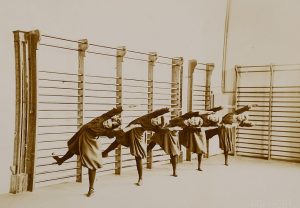
Atelier J. Hamann, Übungen an der Sprossenwand, around 1909, Museum für Kunst und Gewerbe Hamburg (CC0 1.0 Publich Domain Dedication)
Organised by:
Supported by:



